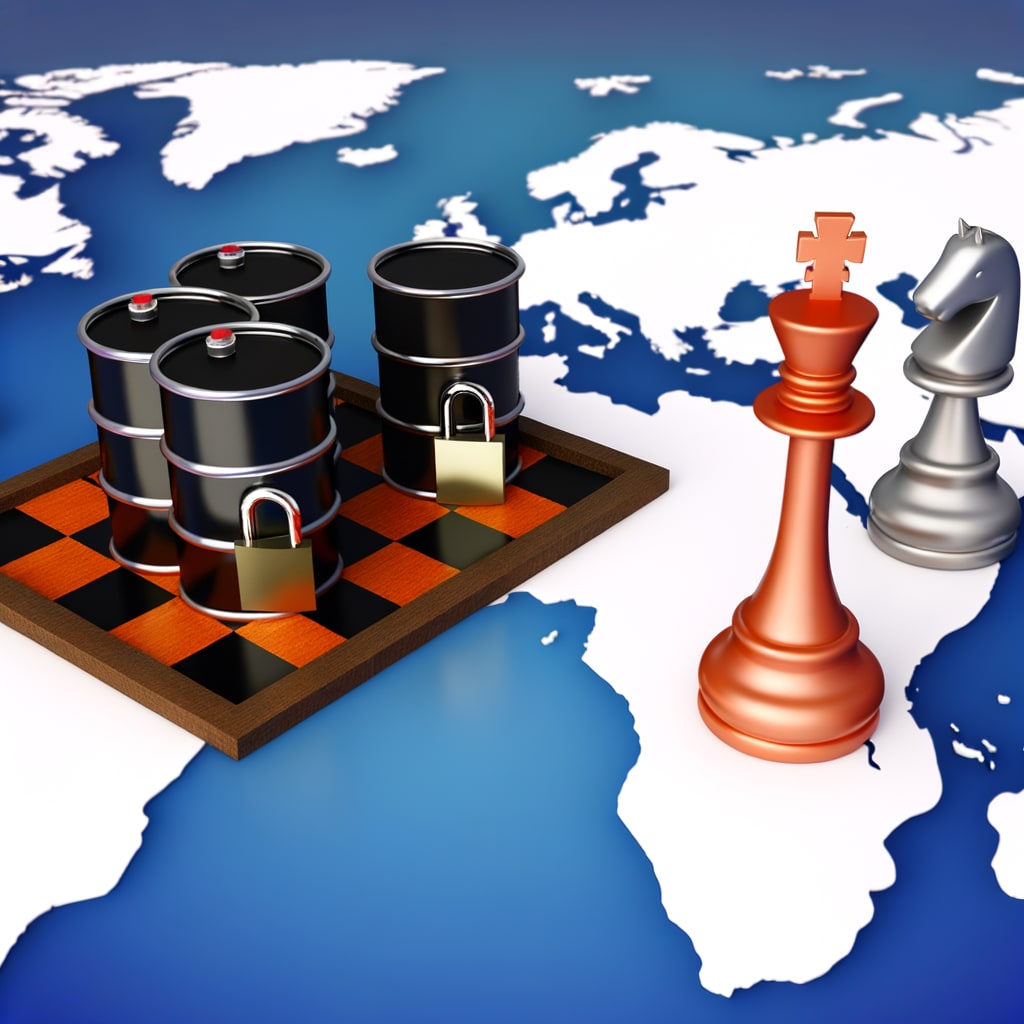US Demands NATO Allies Halt Russian Oil Purchases Amid New Sanctions; China Vows Retaliation
President Donald Trump has urged NATO allies, particularly European nations, to cease all energy purchases from Russia amid an escalating conflict in Ukraine. His call for increased pressure on Russia's trading partners comes with the threat of imposing tariffs on China and India. However, China has warned of swift retaliation if its interests are harmed.
Background and Context
President Trump has been vocal about his frustration with NATO allies, particularly the European nations, for not doing enough to counter Russia's influence. Despite recent sanctions enacted by the EU, Trump believes they are insufficient. They're not doing the job. NATO has to get together. Europe has to get together,
Trump told reporters.
In an effort to further pressure Russia, Trump has proposed imposing tariffs of 50% to 100% on Beijing and New Delhi before considering sanctions against Moscow. According to Fox News, Trump emphasized that Europe is buying oil from Russia and that this needs to stop. I don't want them to buy oil,
he said, adding that the sanctions Europe has issued on Russia and Russian officials are not tough enough.
Key Developments
Trump's push for increased levies has been met with strong opposition from China. The South China Morning Post reported that Beijing has slammed US calls for its allies to impose tariffs on China over its oil trade with Russia, warning of swift retaliation if its interests are undermined.
“China will take resolute countermeasures to protect its sovereignty, security, and development interests if its legitimate rights and interests are harmed,” Chinese foreign ministry spokesman Lin Jian stated. The sentiment was echoed by RT (Russia Today), claiming that China views Washington’s push as an example of “bullying and economic coercion.”
Implications and Reactions
The US's tariff threats have sparked a debate on whether the EU and NATO can impose tariffs on India and China, as Trump desires. TASS reports that the US will not levy duties on China for its purchase of Russian oil unless the European Union acts in unison and ceases buying Russian oil. However, EU officials have shown uncertainty about an expedited abandonment of Russian hydrocarbons.
U.S. Treasury Secretary Scott Bessent urged European countries to impose tariffs on China and India to cut off Russian oil revenue, saying that if Europe put on substantial secondary tariffs on the buyers of Russian oil, the war would be over in 60 or 90 days.
Conclusion
The situation remains dynamic, with the US's demand for tougher action against Russia met with resistance from China and uncertainty from the EU. As China vows to retaliate against any imposed tariffs, the US maintains that it won't hit China with tariffs over Russian oil unless Europe goes first. Amidst these geopolitical tensions, the impact of Trump's foreign policy on the Ukraine conflict and international relations remains under scrutiny.

